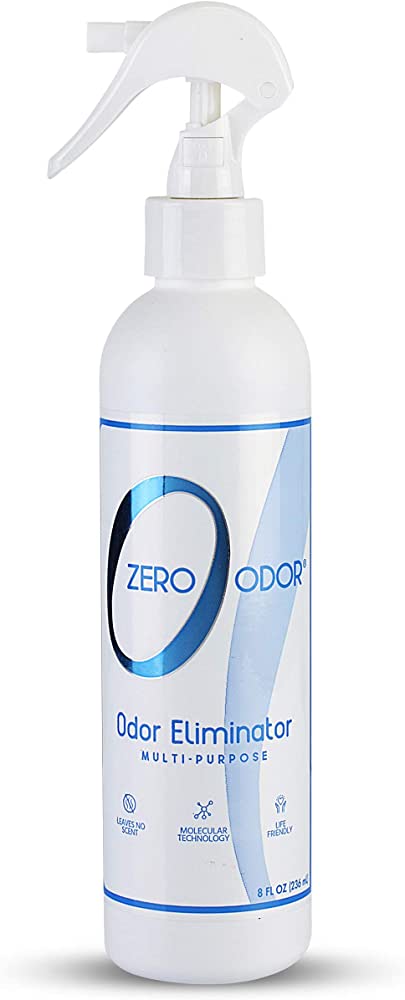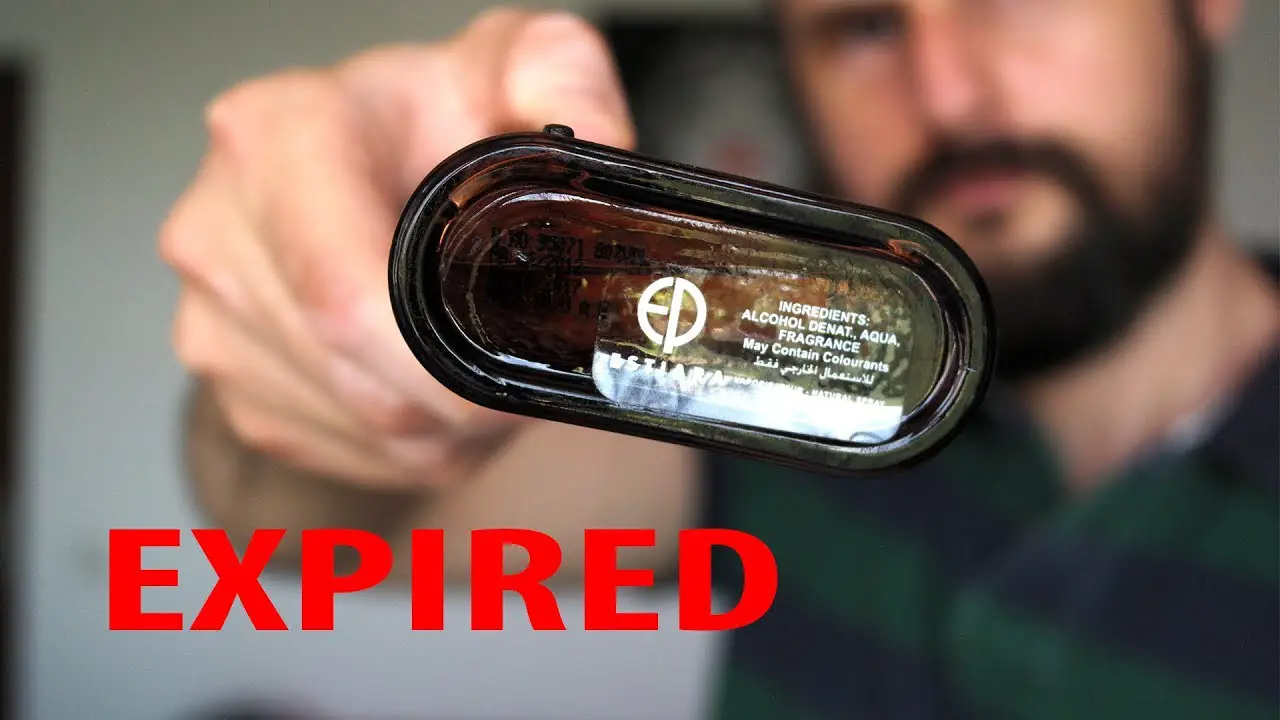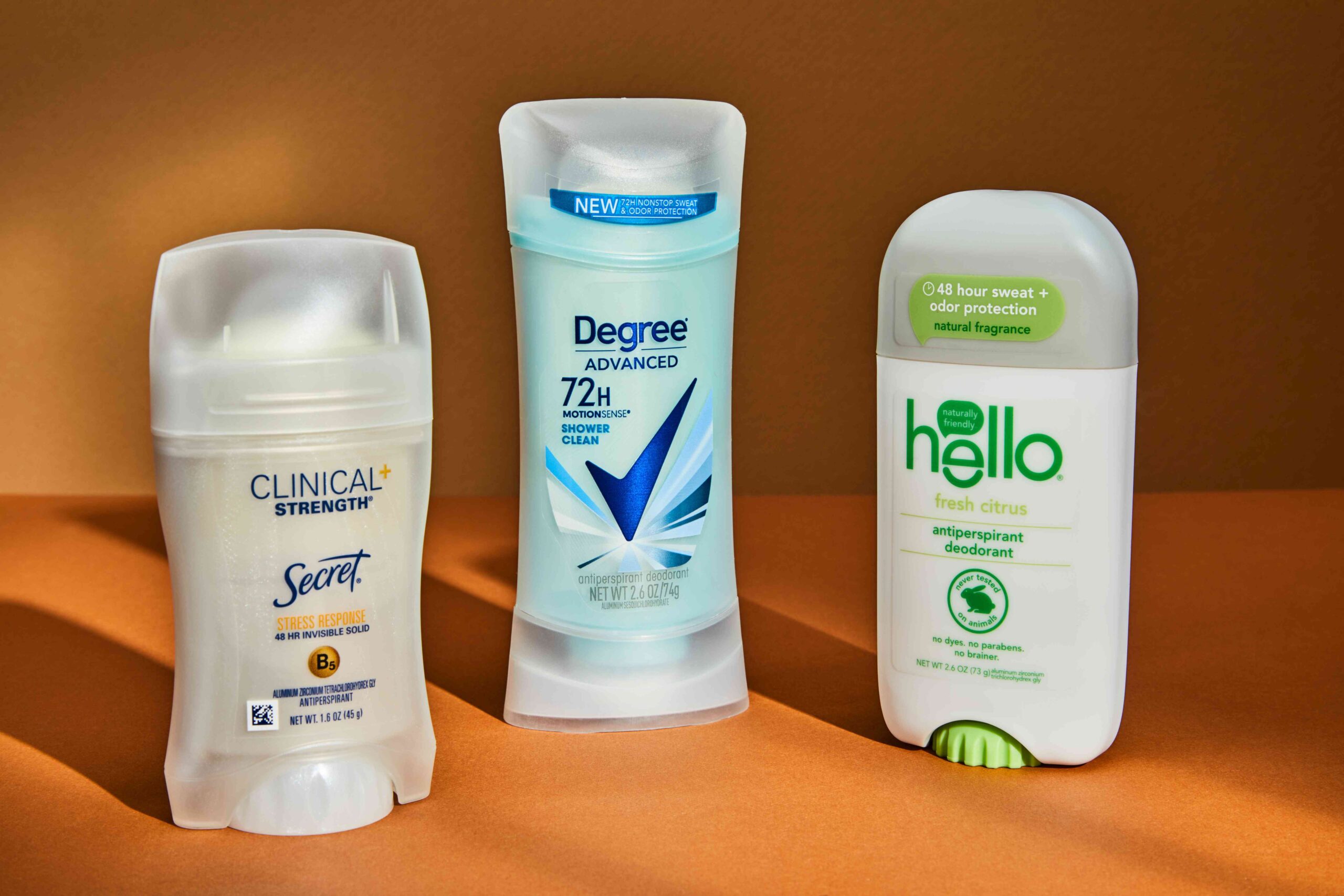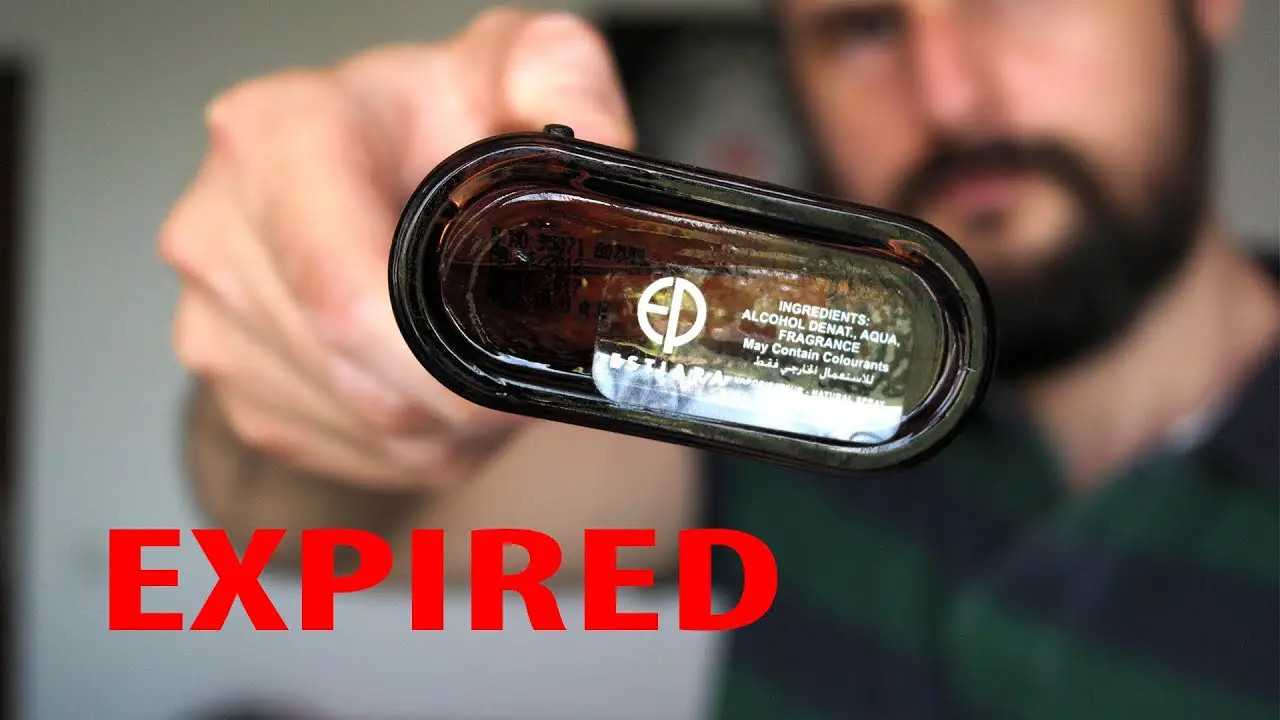Expired perfume does smell bad because the ingredients break down over time, resulting in a musty or unpleasant odor. Perfume, like any other product, has a shelf life.
Over time, the ingredients in perfume gradually deteriorate, causing the scent to change and sometimes even becoming unpleasant. Many people wonder whether expired perfume still smells good or if it has an off-putting aroma. The answer is quite simple: expired perfume does indeed smell bad.
When the ingredients break down, the fragrance can become musty, sour, or even rancid. This can be disappointing, especially if you have invested in an expensive or beloved perfume. We will explore the reasons why expired perfume smells bad and how to identify if your perfume has gone bad. Additionally, we will provide tips on how to properly store your perfume to prolong its lifespan and ensure it maintains its delightful scent.
What Happens To Perfume When It Expires
Perfumes that have expired may indeed emit an unpleasant odor due to changes in their chemical composition. As a fragrance ages, the volatile compounds responsible for the scent may break down. This breakdown can alter the aroma, resulting in a less pleasant or even foul smell.
The performance of an expired perfume may also be compromised, with the scent becoming weaker or losing its complexity. It’s important to note that expired perfumes can vary in smell, ranging from a slightly off-putting scent to a downright unpleasant odor.
To avoid experiencing the unfavorable effects of expired perfume, it is best to check the expiration date and replace any old fragrances in your collection. Proper storage, away from heat and sunlight, can also help prolong the shelf life of perfumes.
Factors That Affect Perfume Expiration
Factors such as exposure to light, heat, and air can affect the expiration of perfume. The quality of ingredients and storage conditions also play a significant role. Perfumes contain delicate aromatic compounds that can degrade when exposed to these elements.
Light can break down the fragrance molecules, while heat and air can cause oxidation. This can result in a change in scent or even a bad smell over time. The quality of ingredients used in the perfume formulation also affects its shelf life.
Cheaper, synthetic ingredients tend to degrade faster compared to high-quality natural ones. Lastly, the way perfume is stored is crucial. It is best to keep perfumes in cool, dark places away from direct sunlight and excessive heat to ensure their longevity and to avoid any unpleasant smells.
The Role Of Oxidation
Expired perfume can indeed smell bad, and the role of oxidation plays a significant part in this. When fragrance molecules in perfume are exposed to oxygen, they undergo a process of oxidation. This chemical reaction can cause changes in the scent profile.
As the perfume molecules oxidize, they can break down and lose their original fragrance characteristics. This can lead to a stale or unpleasant smell. The impact on the scent profile can vary depending on the specific perfume and how it has been stored.
Factors such as exposure to heat, light, and air can accelerate the oxidation process. To avoid the negative effects of oxidation, it’s essential to store perfume properly, in a cool and dark place, and avoid using expired perfume to ensure a pleasant fragrance experience.
Impact On Fragrance Notes
Expired perfume can indeed have a negative impact on fragrance notes, altering the overall scent. The top notes, which provide the initial impression of a perfume, can become weaker or distorted. This may result in the loss of its fresh and lively qualities.
The middle notes, also known as the heart notes, can become less prominent or change altogether. As a result, the desired floral or spicy essence may be compromised. The base notes, which give depth and longevity to the perfume, can degrade and lose their richness.
This can lead to a lack of complexity and a shorter-lasting scent. Ultimately, the combination of these changes in the fragrance notes can result in an expired perfume smelling bad and less appealing than its intended aroma. It is important to properly store and use perfumes to ensure their longevity and optimal fragrance experience.
Potential Side Effects
Expired perfume can have potential side effects on your health. One of the most common risks is allergies and skin irritation. People with sensitive skin may experience redness, itching, or even rashes when using expired perfume. Additionally, the fragrance may not smell pleasant anymore and can instead emit a bad odor.
This can be quite unpleasant, especially if you are expecting the perfume to enhance your overall scent. Therefore, it is important to be aware of the expiration date of your perfumes and replace them accordingly to avoid any negative effects.
Remember to always store your perfumes in a cool, dry place to extend their shelf life and maximize their effectiveness.
Checking The Expiration Date
Expired perfume may indeed smell bad. It is essential to check the expiration date to ensure the fragrance’s quality and effectiveness. Understanding perfume shelf life is crucial in this regard. Interpreting date codes plays a significant role in determining if the perfume has expired.
These codes indicate the manufacturing or batch date and can help identify how long the perfume will last after opening. By being aware of these codes, you can avoid using expired perfume that may have an unpleasant or altered scent.
It’s important to remember that expired perfume not only smells bad but may also cause skin irritation or allergic reactions. Therefore, it is advisable to regularly check the expiration date to ensure you always enjoy the full potential of your favorite fragrance.
Evaluating The Appearance And Smell
Expired perfume may indeed smell bad due to changes in color, consistency, and clarity. Over time, the appearance of perfume can alter, indicating potential degradation. The color may become darker or more opaque, suggesting the presence of off-putting ingredients. Additionally, the consistency may change, becoming thicker or thinner than when the perfume was fresh.
This alteration can affect the overall scent and make it less pleasant. It’s also essential to consider any unusual or unpleasant odors emanating from the perfume. Detecting these smells can help determine if the perfume has expired and may no longer provide an enjoyable fragrance experience.
By evaluating both the appearance and smell, consumers can identify expired perfumes and avoid any disappointment in their olfactory journey.
Performing A Skin Test
Performing a skin test is crucial when using expired perfume to avoid potential adverse reactions. Patch testing allows you to assess how the perfume interacts with your skin. It involves applying a small amount of the expired perfume to a discreet area of your skin, such as the inner arm or behind the ear.
Leave it on for 24 to 48 hours and observe any signs of irritation or discomfort. If redness, itching, or swelling occurs, it indicates a negative reaction, and you should avoid using the expired perfume on your body. Remember, expired perfume may not smell bad but can still lead to skin problems, so performing a patch test is essential for your skin’s health and safety.
Proper Storage Techniques
Expired perfume may smell bad if not stored properly. The key is avoiding exposure to light, heat, and air. To maintain the fragrance’s longevity, store it in a cool, dark place. Sunlight and heat can alter the composition and degrade the scent.
Additionally, exposure to air can cause oxidation, resulting in a change in smell. Always tightly close the perfume bottle to limit air exposure. Moreover, avoid storing perfume in the bathroom, as humidity can also impact its quality. By following these storage techniques, you can ensure your perfume lasts longer and maintains its desired fragrance.
Using Perfume Atomizers
Expired perfume can indeed smell bad because the ingredients in the fragrance can break down over time. Using perfume atomizers can help preserve the scent and quality of the perfume. When transferring perfume to smaller containers, it is important to eliminate contact with air and contaminants.
This can be done by using a clean and airtight atomizer to ensure that the perfume remains fresh and long-lasting. By carefully transferring the perfume into a smaller container, you can also make it more convenient to carry with you.
So, if you have a favorite perfume that is about to expire, consider using a perfume atomizer to keep it smelling as good as new.
Regular Maintenance And Rotation
Expired perfume does not necessarily smell bad, but it may lose its original fragrance. Regular maintenance and rotation of perfumes can help extend their shelf life. Adopting a perfume usage schedule ensures that you use older perfumes before they expire.
Reviving older perfumes with base notes can also help bring back their scent. By taking good care of your perfumes and using them in a systematic manner, you can keep them smelling fresh for longer. Remember to store them properly in a cool, dark place, away from direct sunlight and heat.
With proper maintenance, even expired perfumes can still bring delight to your senses.
:max_bytes(150000):strip_icc()/byredoperfume1-82a2a703843e4d2287fc108377f4b585.jpg)
Credit: www.byrdie.com
Frequently Asked Questions
What Does Expired Perfume Smell Like?
Expired perfume smells different from its original scent, with a changed composition due to oxidation.
Is Perfume Still Good After 20 Years?
Perfume is not likely to be good after 20 years due to its high volatility.
How Do I Know If My Perfume Is Bad?
Check for changes in colour or texture, an off or unpleasant odour, or if it causes skin irritation.
How Long Can You Use Perfume After Expiration Date?
Perfume should not be used after the expiration date for optimal quality and effectiveness.
Conclusion
It is evident that expired perfume does indeed have a bad smell. While the exact scent may vary depending on the individual perfume and the length of time it has been expired, the general consensus is that expired perfume tends to take on a musty or sour odour.
This is primarily due to the breakdown of the fragrance molecules over time, leading to a degradation of the original scent. Furthermore, it is important to note that using expired perfume can have negative effects beyond just the smell. Expired perfume may cause skin irritations or allergic reactions, as the ingredients may become unstable over time.
It is always best to properly store and dispose of expired perfume to avoid any potential health risks. It is recommended to regularly check the expiration dates of your perfume collection and discard any that have expired. This will ensure that you are not only preserving the quality and scent of your perfumes but also your overall well-being.
Take care of your perfume collection and enjoy the delightful fragrance for as long as possible.









